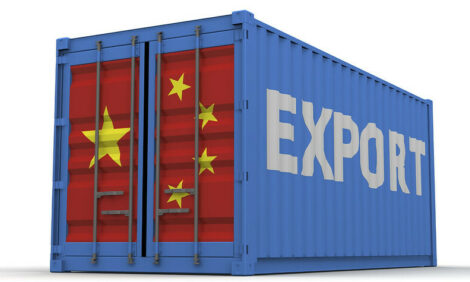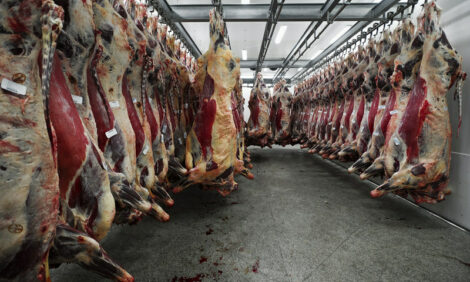



Argentina’s Rivals Bite Into Global Beef Market
ARGENTINA - The life of Argentina’s legendary gauchos herding cattle on the pampas is tough. But this year the outlook is particularly gloomy as production and exports of the succulent steaks for which the country is famed slump to their lowest levels in a decade.Though Argentina remains one of the world’s top beef producers and exporters, rivals such as Uruguay have increasingly been biting into its global market share. Government restrictions on exports designed to protect the domestic price, a catastrophic drought in 2008-09 and the surge of soyabeans offering a more profitable return per acre are all to blame.
Argentines cannot conceive of life without beef – indeed they traditionally export only about 15 per cent of production and eat the rest – so there is no question of the industry slipping away. But producers warn that Argentina risks being left behind as population growth and an expanding middle class in China and elsewhere boost the global appetite for beef.
“Argentina is missing opportunities. The market is growing and Argentina should be joining it. Instead, the government’s policies for the sector are incomprehensible,” Dardo Chiesa, president of the Argentine Beef Promotion Institute, told the FT.
Argentine beef exports hit a record in 2005 of 771,427 tonnes, but are expected to be less than half that this year, at about 320,000 tonnes, reports Financial Times.
Between 2002 and 2005, cattle stocks grew 12 per cent, production rose 24 per cent and exports doubled. This year, exports and production will languish slightly below 2000 levels and cattle numbers, at 48.9m, are back to where they were in 2001.
To add insult to injury, neighbouring Uruguay is expected this year to export more beef than Argentina. And Uruguay has recently overtaken Argentina as the world’s top meat-eating nation.
As a result, the domestic price of beef is hugely important in Argentina, a country where most people consider a meat-free meal is equivalent to not eating.
In a bid to shield consumers from rising prices, Argentina banned beef exports in March 2006 for 180 days and has since enforced restrictions which producers say generated considerable uncertainty.
The devastating drought led to a 10 per cent surge in slaughters in 2009 compared with 2008. As a result of squeezed supplies, domestic beef prices have risen 70 per cent in the past year.
TheCattleSite News Desk


